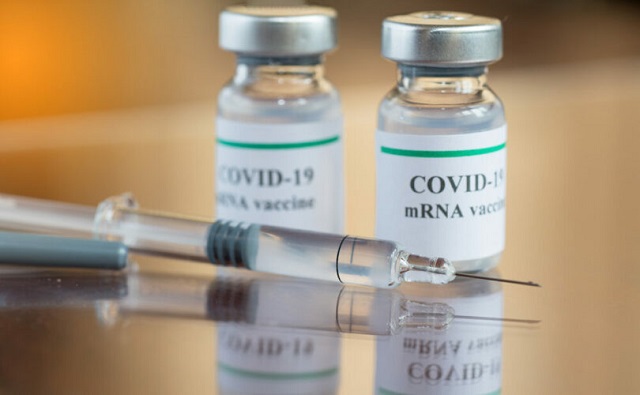Health
Alabama ban on nearly all abortions in GOP governor’s hands

MONTGOMERY, Ala. — Alabama legislators have given final approval to a ban on nearly all abortions, and if the Republican governor signs the measure, the state will have the strictest abortion law in the country.
The legislation would make performing an abortion a felony at any stage of pregnancy with almost no exceptions. The passage Tuesday by a wide margin in the GOP-led Senate shifts the spotlight to Gov. Kay Ivey, a fixture in Alabama politics who’s long identified as anti-abortion.
Ivey has not said whether she’ll sign the bill. Sponsor Rep. Terri Collins says she expects the governor to support the ban. And the lopsided vote suggests a veto could be easily overcome. But an Ivey spokeswoman said before Tuesday’s vote that “the governor intends to withhold comment until she has had a chance to thoroughly review the final version of the bill that passed.”
In Alabama and other conservative states, anti-abortion politicians and activists emboldened by the addition of conservative justices to the U.S. Supreme Court hope to ignite legal fights and eventually overturn the landmark 1973 decision Roe v. Wade, putting an end to the
“Roe v. Wade has ended the lives of millions of children,” Alabama Republican Sen. Clyde Chambliss said in a statement. “While we cannot undo the damage that decades of legal precedence under Roe have caused, this bill has the opportunity to save the lives of millions of unborn children.”
Democrats didn’t shy away from blasting their GOP counterparts.
“The state of Alabama ought to be ashamed of herself. You ought to be ashamed. Go look in the mirror,” Sen. Bobby Singleton said “Women in this state didn’t deserve this. This is all about political grandstanding.”
The bill would make performing an abortion a felony punishable by up to 99 years or life in prison for the abortion provider. The only exception would be when the woman’s health is at serious risk. Under the bill, women seeking or undergoing abortions wouldn’t be punished.
Kentucky, Mississippi, Ohio and Georgia have approved bans on abortion once a fetal heartbeat is detected, which can occur in about the sixth week of pregnancy. The Alabama bill goes further by seeking to outlaw abortion outright.
Alabama senators rejected an attempt to add an exception for rape and incest. The amendment was voted down 21-11, with four Republicans joining Democrats in seeking the amendment.
Supporters had argued that exceptions would weaken their hope of creating a vehicle to challenge Roe. Collins said that the law isn’t meant to be a long-term measure and that lawmakers could add a rape exception if states regain control of abortion access.
“It’s to address the issue that Roe. v. Wade was decided on. Is that baby in the womb a person?” Collins said.
Democrats criticized the ban as a mixture of political grandstanding, an attempt to control women and a waste of taxpayer dollars.
During debate, Singleton pointed out and named rape victims watching from the Senate viewing gallery. He said that under the ban, doctors who perform abortions could serve more prison time than the women’s rapists.
In a statement, Staci Fox of Planned Parenthood Southeast said, “Today is a dark day for women in Alabama and across this country. … Alabama politicians will forever live in infamy for this vote and we will make sure that every woman knows who to hold accountable.”
Outside the Statehouse, about 50 people rallied and chanted, “Whose choice? Our choice.” Several women dressed as characters from the “The Handmaid’s Tale,” which depicts a dystopian future where fertile women are forced to breed.
If the bill becomes law, it would take effect in six months. Critics have promised a swift lawsuit. Randall Marshall, executive director of the American Civil Liberties Union of Alabama, said a complaint is being drafted.
____
Associated Press writer Blake Paterson in Montgomery, Alabama contributed to this report.
Kim Chandler, The Associated Press
Addictions
British Columbia to re-criminalize hard drug use in public after massive policy failure
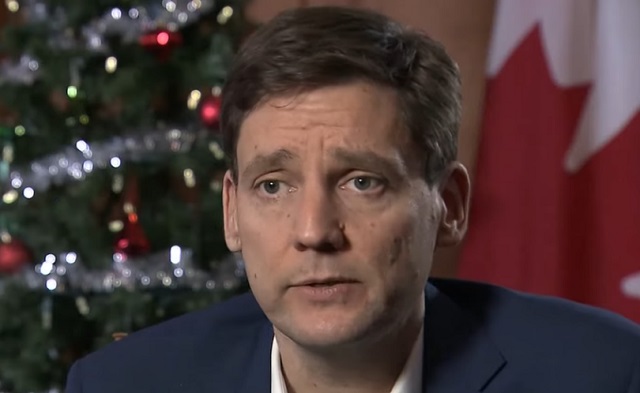
From LifeSiteNews
British Columbia premier David Eby announced that his province plans to re-criminalize hard drug use in public spaces after its decriminalization last year led to widespread social disorder.
British Columbia is asking the Trudeau government to roll back its drug decriminalization program after increased violence and continued overdoses.
On April 26, New Democratic Party (NDP) premier of British Columbia David Eby announced that he is working with Prime Minster Justin Trudeau’s federal government to re-criminalize drug use in public spaces, including inside hospitals, on transit, and in parks. British Columbia, under permission from the Trudeau government, had decriminalized such behavior in 2023.
“Keeping people safe is our highest priority,” Eby explained in a press release. “While we are caring and compassionate for those struggling with addiction, we do not accept street disorder that makes communities feel unsafe.”
“We’re taking action to make sure police have the tools they need to ensure safe and comfortable communities for everyone as we expand treatment options so people can stay alive and get better,” he continued.
Under the new regulations, police would be given the power to prevent drug use in all public places, including hospitals, restaurants, transit, parks and beaches.
However, drug use would remain legal at “a private residence or place where someone is legally sheltering, or at overdose prevention sites and drug checking locations.”
Eby’s concerns over drug use were echoed by Minister of Public Safety and Solicitor General Mike Farnworth who said, “Our communities are facing big challenges. People are dying from deadly street drugs, and we see the issues with public use and disorder on our streets.”
“As we continue to go after the gangs and organized criminals who are making and trafficking toxic drugs, we’re taking action now to make it illegal to use drugs in public spaces, and to expand access to treatment to help people who need it most,” he promised.
Beginning in early 2023, Trudeau’s federal policy, in effect, decriminalized hard drugs on a trial-run basis in British Columbia.
Under the policy, the federal government began allowing people within the province to possess up to 2.5 grams of hard drugs without criminal penalty, but selling drugs remained a crime.
While British Columbia has not yet indicated it plans to re-criminalize possession, its decision to clamp down on public drug use presents a major departure from its previous tactics of continually liberalizing its attitude toward narcotic use.
Since being implemented, the province’s drug policy has been widely criticized, especially after it was found that the province broke three different drug-related overdose records in the first month the new law was in effect.
The effects of decriminalizing hard drugs in various parts of Canada has been exposed in Aaron Gunn’s recent documentary, Canada is Dying, and in U.K. Telegraph journalist Steven Edginton’s mini-documentary, Canada’s Woke Nightmare: A Warning to the West.
Gunn says he documents the “general societal chaos and explosion of drug use in every major Canadian city.”
“Overdose deaths are up 1,000 percent in the last 10 years,” he said in his film, adding that “[e]very day in Vancouver four people are randomly attacked.”
Addictions
Must Watch: Addiction worker estimates 90% of “safer supply” drugs resold on black market
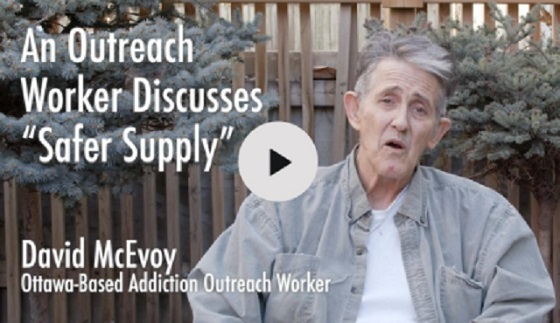
“It’s just… it’s created more addicts,” says David McEvoy, an Ottawa-based outreach worker who specializes in overdose prevention.
|
|
“Safer supply” refers to the practice of prescribing free recreational drugs as an alternative to potentially-tainted street substances. While advocates claim that this practice saves lives, David McEvoy, an Ottawa-based addiction outreach worker, says that approximately 90% of clients are reselling their taxpayer-funded drugs on the street, leading to new addictions and relapses.
His testimony is consistent with the testimony of dozens of addiction experts, former drug users, and youth. You can read a summary of his interview in the National Post here.
Our content is always free – but if you want to help us commission more high-quality journalism, consider getting a voluntary paid subscription.
-
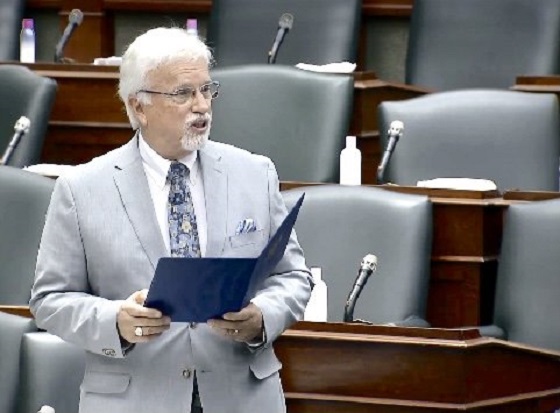
 COVID-192 days ago
COVID-192 days agoFormer Canadian lawmaker has no regrets about refusing COVID shot despite losing his job
-

 Alberta1 day ago
Alberta1 day agoAlberta’s vision for passenger rail
-

 COVID-192 days ago
COVID-192 days agoPeckford: Hallelujah! Supreme Court of Canada to hear Newfoundland and Labrador charter case
-

 Alberta1 day ago
Alberta1 day agoThree Calgary massage parlours linked to human trafficking investigation
-

 Uncategorized1 day ago
Uncategorized1 day agoMaking Alberta a geothermal energy leader
-

 Alberta2 days ago
Alberta2 days agoCanada’s postal service refuses to help with Trudeau’s gun ban buyback program: report
-
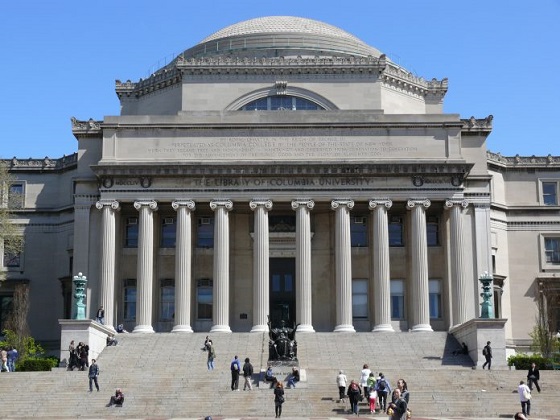
 conflict21 hours ago
conflict21 hours agoColumbia on Lockdown After pro-Palestinian Protesters Take Over Building, Hold Janitors Hostage
-
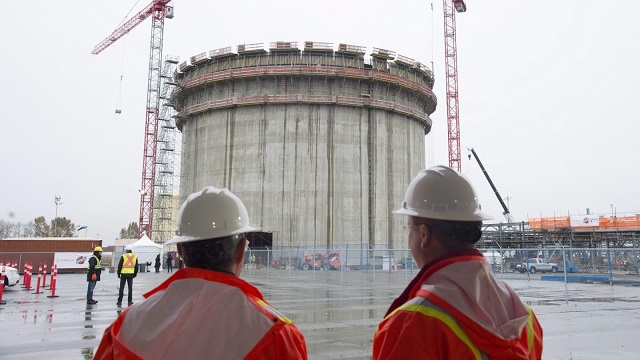
 Canadian Energy Centre21 hours ago
Canadian Energy Centre21 hours agoNorth America LNG project cost competitiveness







